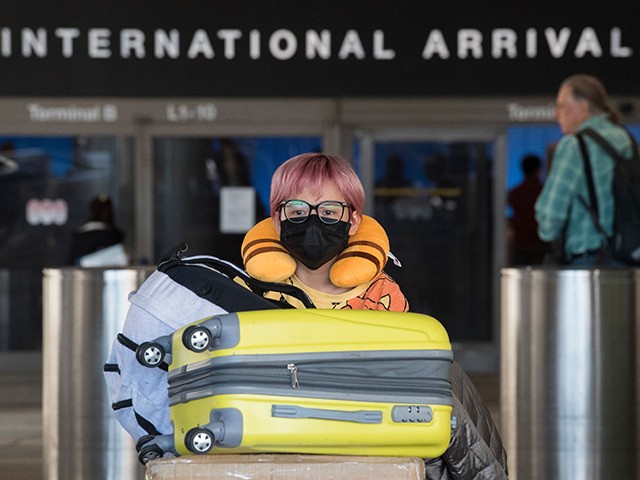TEL AVIV – Israeli businesses appealed to the government to set up a “financial safety net” for enterprises negatively impacted by the coronavirus outbreak, an industry representative body said.
In an appeal to the Finance Ministry, the Manufacturers Association of Israel said businesses are suffering from a lack of raw materials, continued delays in receiving supplies, and an overall decrease in production from overseas – primarily China.
In addition, flight cancellations to the tune of some $50 million on Israel’s EL AL airline have impacted exports and imports.State intervention is necessary until the situation is stabilized, MAI said in its appeal.
“The coronavirus continues to spread, unfortunately, and the impact on the global and Israeli economy is already beginning to reveal itself,” the association’s president Ron Tomer wrote in the petition. “As the time required to eradicate the virus grows longer, the economic impact grows exponentially.”
The appeal outlined a number of possible measures to support businesses at this critical juncture, including state-supported guarantees and credit insurance.
“The spread of the virus has created a dramatic and sudden change for many companies, and there is real concern that important activities that contribute to growth and employment cannot cope independently with the current crisis,” said Tomer.
“Therefore, state intervention and assistance are now greatly required to help industry and the entire business sector to withstand the temporary difficulties and challenges, until the economic system stabilizes and current uncertainty is significantly reduced,” he added.
Global business research firm Dun & Bradstreet found the virus’ outbreak on the Chinese economy could cause a “drag of approximately one percentage point on global GDP growth” if the virus is not contained by the end of the summer of 2020.
A report by the firm found that at least 51,000 companies worldwide, 163 of which are in the Fortune 1000, have one or more direct or “Tier 1” suppliers, and a further five million companies have one or more Tier 2 suppliers, in the impacted region in China.

COMMENTS
Please let us know if you're having issues with commenting.